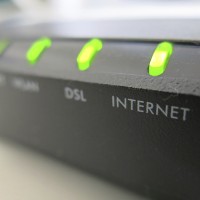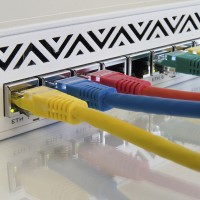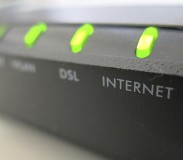
The Future of The Internet

People in the United States pay much more than other countries when it comes to internet services. In addition, Internet service providers in the United States simply don’t provide internet that is as fast as other global service providers. Companies in both the U.S. and abroad that offer internet hookup services tend to offer package deals that also include both cable television and phone service. However, Americans pay way more for the same or lesser services than their global counterparts. For instance, people in France pay approximately $38 per month for cable television, internet, and phone services, while Americans pay an average of $160 per month.
History
Around the time that the internet was invented, the United States had the fastest internet in the world. Today, it ranks 29th in terms of speed among countries across the globe. Countries like France offer internet that is ten times faster when it comes to downloading speed and twenty times faster when it comes to uploading speed. In the early days of cable, phone, and internet service providers, AT&T had a monopoly on services. Americans were told that more competition between service providers would drive prices down. However, that simply hasn’t been the case. Some people account for the price by saying that demand for data and speed has increased, which is true. But the technology behind the internet has also improved, making it easier to provide speed for cheaper.
Types
The cost of internet varies according to the type of service provided. Prices for basic types such as DSL or cable have been decreasing in recent years; however, they’re not nearly as fast as more recent methods of internet transmission. Mobile broadband and fiber are substantially faster, but they’re also pricier in the United States. The average amount of data that people download has also increased drastically in recent years, meaning that most Americans find themselves in need of
Predictions
 How much internet service providers can charge for their services depends on the market regulator. If service providers are allowed to charge well above the cost of providing one gigabyte of data to consumers, then they will in order to extend their profit margin. It’s up to the federal regulator, the Federal Communications Commission, to force companies to deliver a fair and competitive price. This is an issue that has been subject to debate in recent years, with the Obama administration arguing for treating internet service providers like public utilities. If these proposals go through, Americans may be paying less for internet services in the future.
How much internet service providers can charge for their services depends on the market regulator. If service providers are allowed to charge well above the cost of providing one gigabyte of data to consumers, then they will in order to extend their profit margin. It’s up to the federal regulator, the Federal Communications Commission, to force companies to deliver a fair and competitive price. This is an issue that has been subject to debate in recent years, with the Obama administration arguing for treating internet service providers like public utilities. If these proposals go through, Americans may be paying less for internet services in the future.
Quick Wrap Up
The internet is expensive in the United States and costly consider the speed and volume that consumers get for their dollars. Historically, the United States offered one of the fastest internet services but have since been beat out by countries like France, where consumers pay about a quarter of the price for substantially better services. It’s up to the Federal Communications Commission to regulate the cost of data provided by internet connection companies – reductions in cost that decrease these companies’ profit margins will likely arrive in years to come.







